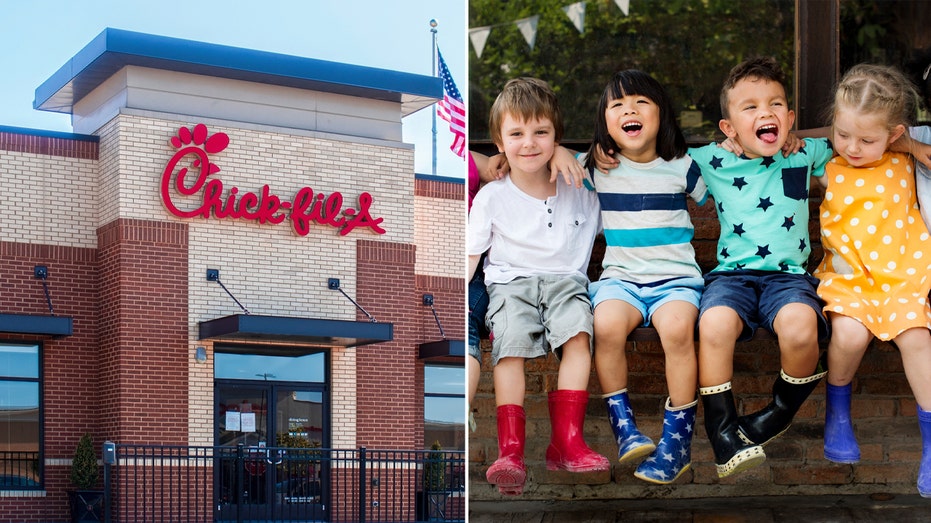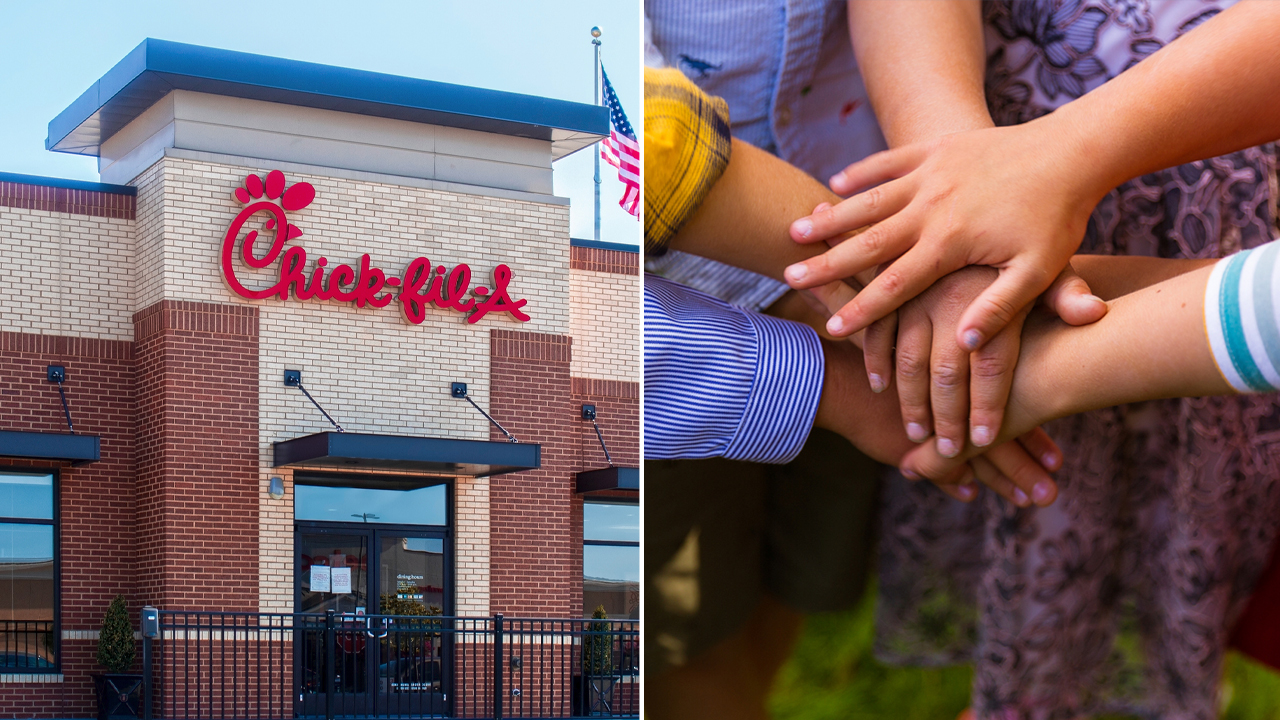A Louisiana Chick-fil-A franchise has sparked a debate with its “Chick-fil-A Summer Camp” program, aimed at children aged 5 to 12. Announced on June 5th, 2024, the program offers a three-hour session for $35, led by “Team Leaders” (managerial staff in Chick-fil-A terminology).

The concept has raised eyebrows, with some questioning its value proposition as a summer camp. While details on specific activities are limited, the program promises “spending time with the Chick-fil-A Cow” (the restaurant’s mascot) and a “behind-the-scenes look” at the inner workings of the franchise.
Intrigue and Controversy
The program garnered significant local media attention, with some parents intrigued by the novelty and potential for their children to learn about the restaurant industry. However, critics have expressed concerns. The price tag, for a relatively short session within a fast-food environment, seems steep to some. Additionally, questions have been raised about the educational value of the program compared to traditional summer camp activities that might focus on outdoor exploration, arts and crafts, or sports.

Chick-fil-A’s Response
In response to the controversy, Chick-fil-A has clarified that the program isn’t intended to teach children how to be restaurant workers. The company claims the focus is on “hospitality” and providing a fun, engaging experience for children. They emphasize that Team Leaders will not be performing their regular duties during the camp but will focus solely on activities designed for the campers.
Is it Summer Camp or Brand Marketing?
The core issue lies in the definition of a “summer camp.” Traditional summer camps typically offer a variety of activities that promote physical activity, social development, and creative exploration. While Chick-fil-A’s program might offer some elements of these, the primary focus seems to be on brand exposure and fostering positive associations with Chick-fil-A in young minds.
Ethical Considerations
Another concern raised is the potential exploitation of children for marketing purposes. Some parents question the appropriateness of a fast-food restaurant targeting young children with a program disguised as a summer camp.
A Different Kind of Summer Fun?
Despite the controversy, the program has garnered interest from some parents looking for unique and affordable summer activities. The limited time commitment and inclusion of a meal, t-shirt, and snacks could be appealing to busy families. Ultimately, the decision of whether to enroll a child rests with the parents, who should weigh the program’s offerings against their expectations for a summer camp experience.
The Future of Chick-fil-A Summer Camp
The success of the program remains to be seen. With only three initial sessions offered, it’s unclear whether Chick-fil-A plans to expand the program or adapt it based on feedback. However, this unconventional summer camp concept has certainly sparked a conversation about the boundaries between brand marketing and traditional childhood enrichment activities.
News
Whoopi Goldberg Ejected from “The View” After Defending Megan Rapinoe
In a dramatic and unexpected development, Whoopi Goldberg, a co-host of “The View,” was abruptly removed from the show after vocally supporting Megan Rapinoe during a heated discussion. Goldberg, renowned for her candid and forthright commentary, passionately defended Rapinoe amid…
Riley Gaines Awarded “Woman of the Year” Over Megan Rapinoe
Riley Gaines Awarded “Woman of the Year”: A Controversial Decision In a surprising turn of events, Riley Gaines, a distinguished collegiate swimmer, has been awarded the prestigious “Woman of the Year” title, surpassing the well-known soccer star Megan Rapinoe. This…
WNBA Opens Investigation: Star Caitlin Clark Was “Played Unfairly”?
WNBA Opens Investigation: Star Caitlin Clark Was “Played Unfairly”? In a surprising and significant move, the Women’s National Basketball Association (WNBA) has announced an official investigation into claims that star player Caitlin Clark was “played unfairly” in recent games. This…
Surprise! NCAA strips Lia Thomas of her medal and gives it to Riley Gaines?
In a groundbreaking and decisive move, the National Collegiate Athletic Association (NCAA) announced the complete transfer of all medals awarded to Lia Thomas to fellow swimmer Riley Gaines. This unprecedented decision marks a significant shift in the ongoing discourse surrounding…
Toni Braxton EXPOSES Why She Could Never Marry Birdman
Toni Braxton Calls it Quits: Birdman’s Alleged Secret Life Leads to Breakup Toni Braxton fans were shocked earlier this year when news broke of her split from rapper Birdman. While rumors of a fairytale wedding had swirled for years, Braxton…
Diddy Is FINISHED After SHOCKING Videos Expose Him With Justin Bieber and Jaden Smith
Diddy Hit With Shocking Allegations: Mentor or Manipulator? Sean Combs, better known as Diddy, is no stranger to controversy. However, recent rumors swirling around his past mentorship of Justin Bieber and Jaden Smith have taken things to a new level….
End of content
No more pages to load











